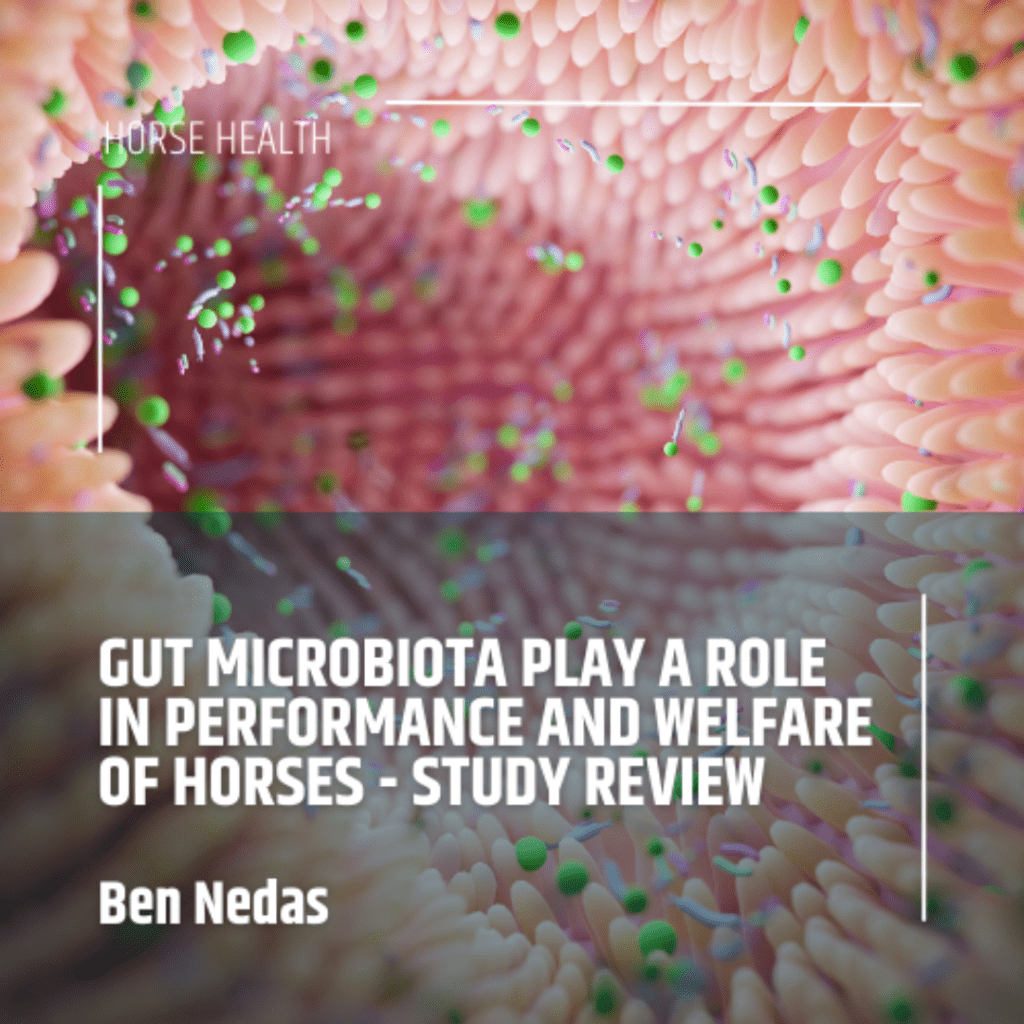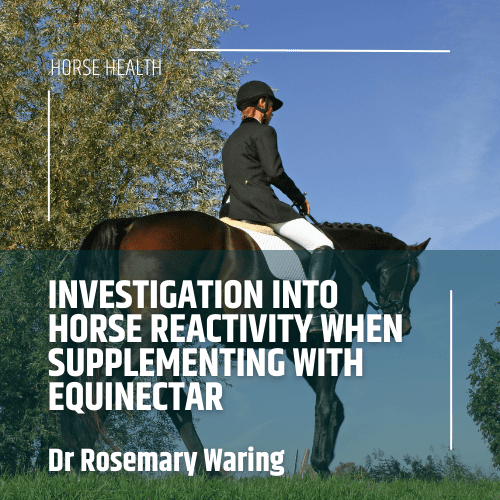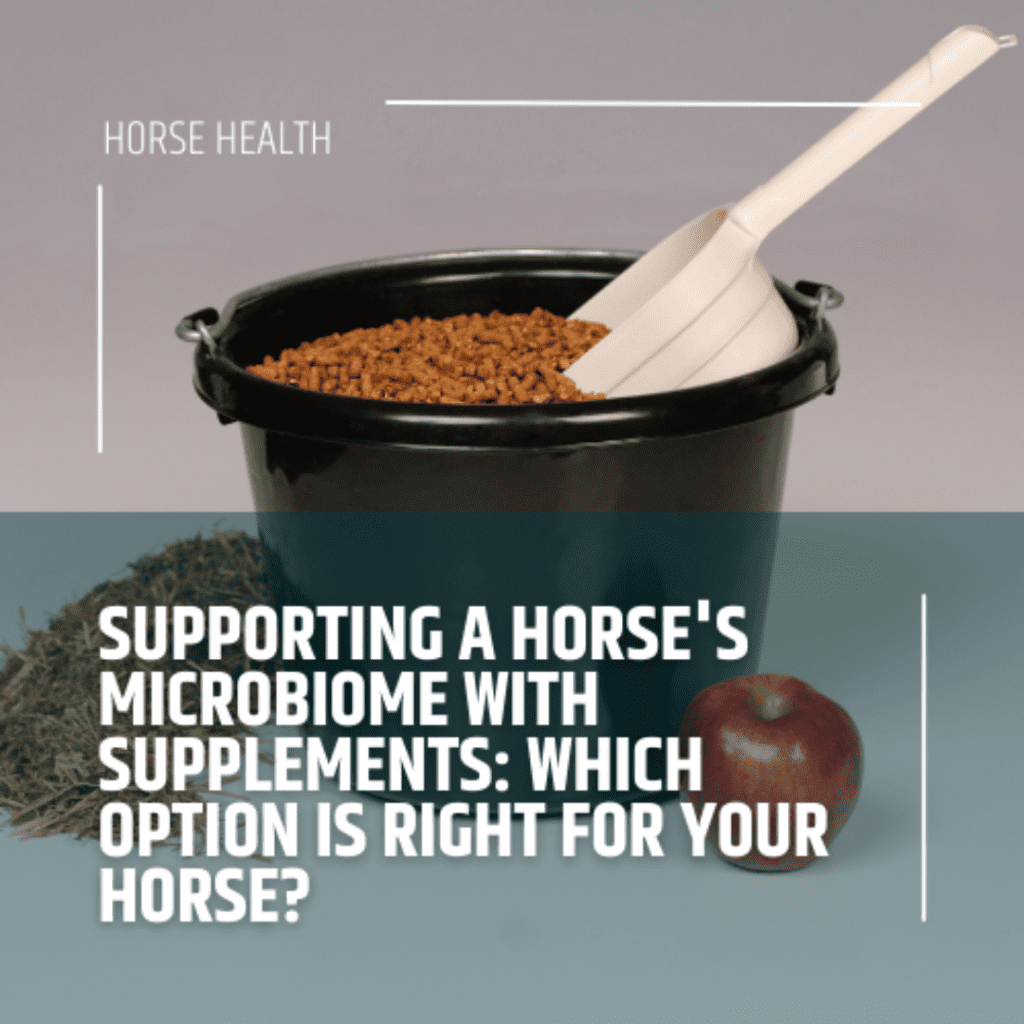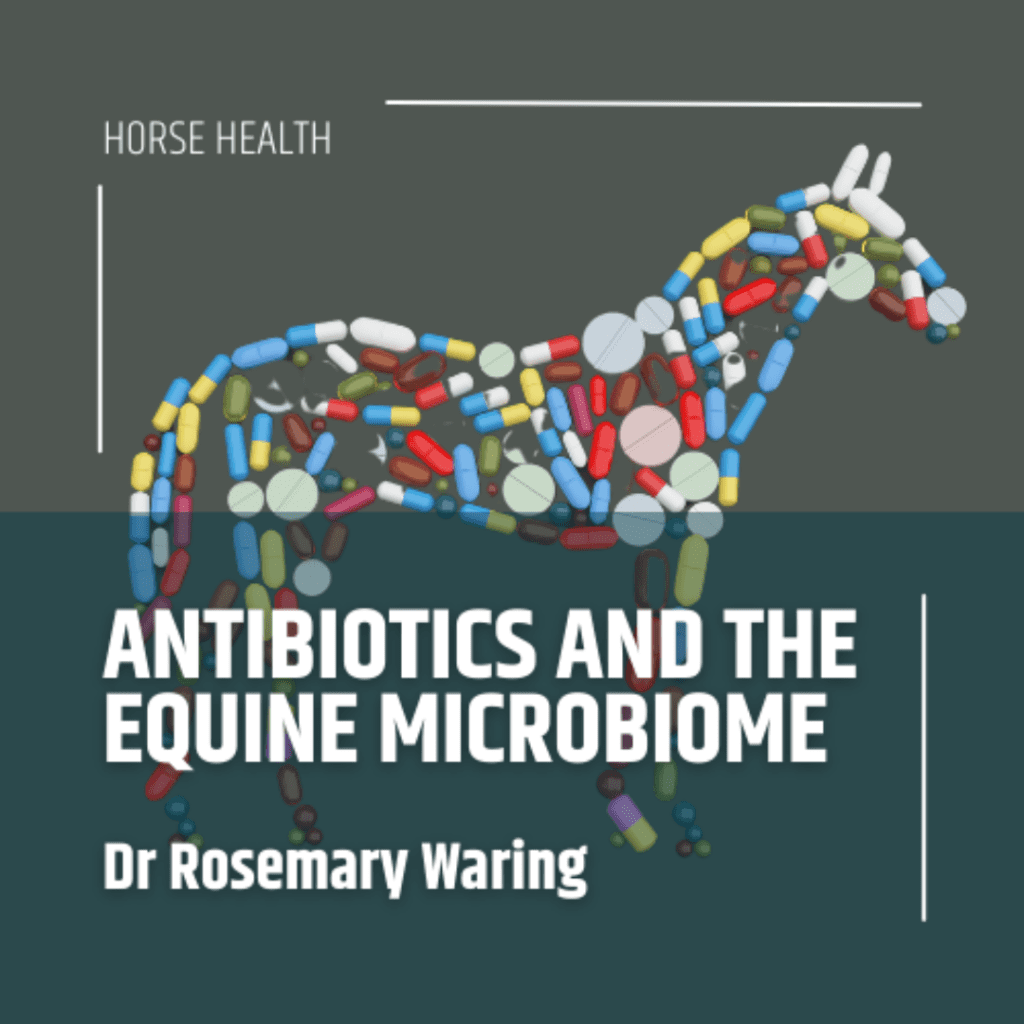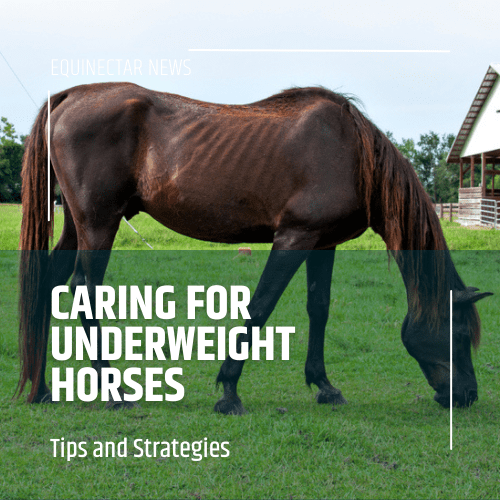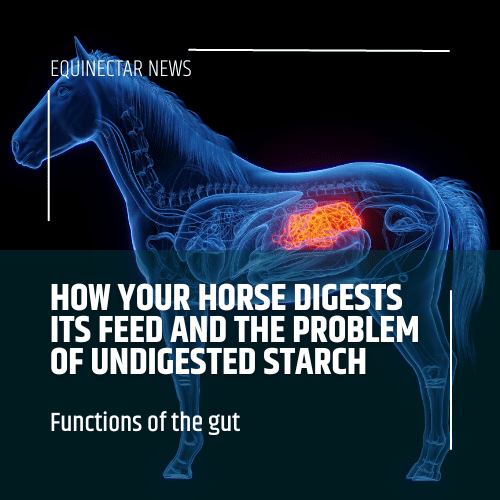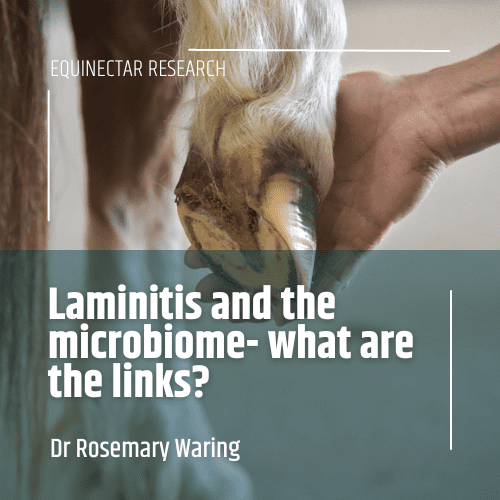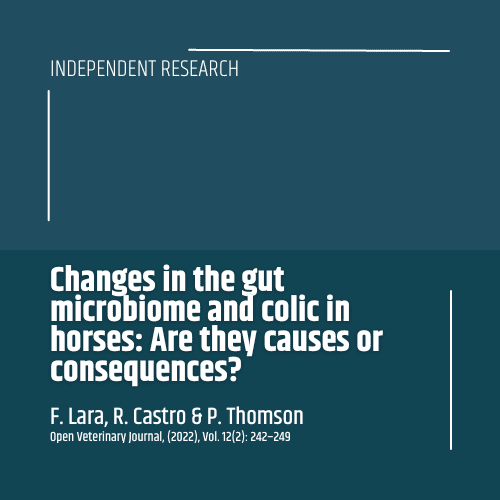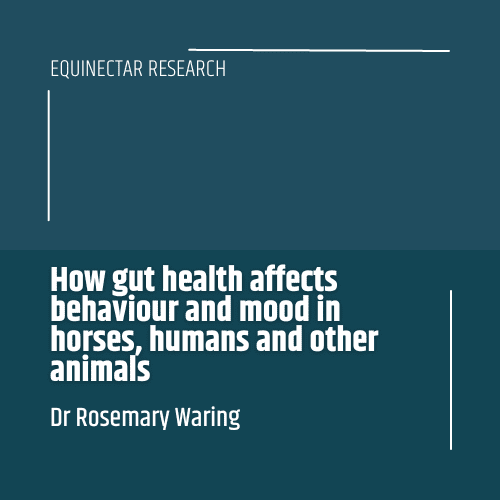Gut microbiota play a role in performance and welfare of horses – study review
Ben Nedas Chief Commercial Officer Gut microbiota play a role in performance and welfare of horses – study review 01 Introduction In the realm of equine health and performance, the role of gut microbiota has emerged as a significant area of study. The paper titled “Priming for welfare: gut microbiota is associated with equitation conditions […]
Gut microbiota play a role in performance and welfare of horses – study review Read More »

